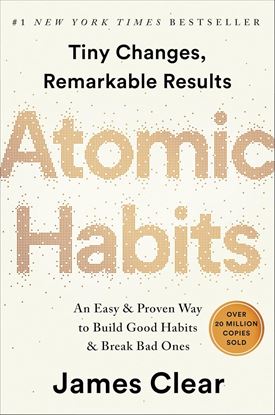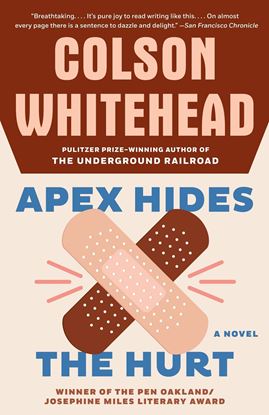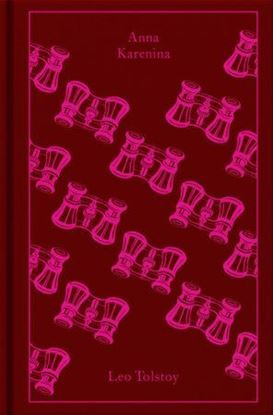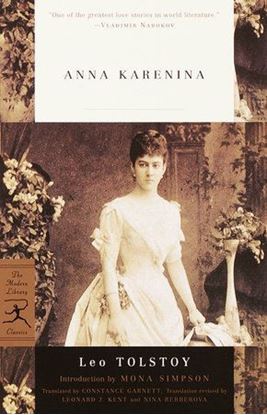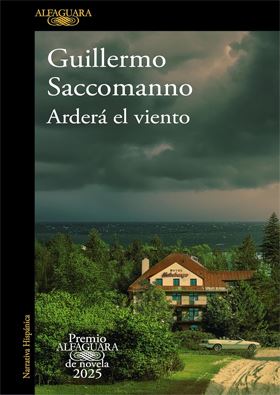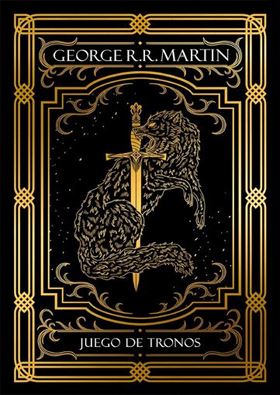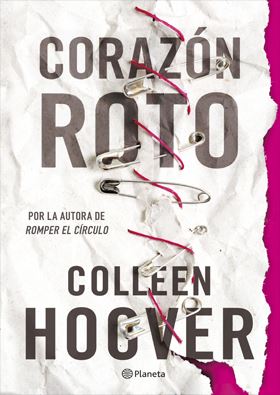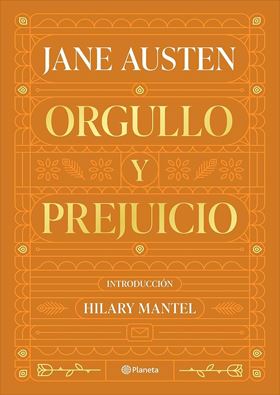

AUDITION
Two people meet for lunch in a Manhattan restaurant. She s an accomplished actress in rehearsals for an upcoming premiere. He s attractive, troubling, young young enough to be her son. Who is he to her, and who is she to him? In this compulsively readable, brilliantly constructed novel, two competing narratives unspool, rewriting our understanding of the roles we play every day partner, parent, creator, muse and the truths every performance masks, especially from those who think they know us most intimately.
1,200
ATOMIC HABITS
No matter your goals, Atomic Habits offers a proven framework for improving every day. James Clear, one of the world's leading experts on habit formation, reveals practical strategies that will teach you exactly how to form good habits, break bad ones, and master the tiny behaviors that lead to remarkable results.
If you're having trouble changing your habits, the problem isn't you. The problem is your system. Bad habits repeat themselves again and again not because you don't want to change, but because you have the wrong system for change. You do not rise to the level of your goals. You fall to the level of your systems. Here, you'll get a proven system that can take you to new heights.
1,700
ATMOSPHERE. A LOVE STORY (EXP)
Joan Goodwin has been obsessed with the stars for as long as she can remember. Thoughtful and reserved, Joan is content with her life as a professor of physics and astronomy at Rice University and as aunt to her precocious niece, Frances. That is, until she comes across an advertisement seeking the first women scientists to join NASA’s Space Shuttle program. Suddenly, Joan burns to be one of the few people to go to space.
Selected from a pool of thousands of applicants in the summer of 1980, Joan begins training at Houston’s Johnson Space Center, alongside an exceptional group of fellow candidates: Top Gun pilot Hank Redmond and scientist John Griffin, who are kind and easy-going even when the stakes are highest; mission specialist Lydia Danes, who has worked too hard to play nice; warm-hearted Donna Fitzgerald, who is navigating her own secrets; and Vanessa Ford, the magnetic and mysterious aeronautical engineer, who can fix any engine and fly any plane.
As the new astronauts become unlikely friends and prepare for their first flights, Joan finds a passion and a love she never imagined. In this new light, Joan begins to question everything she thinks she knows about her place in the observable universe.
1,250
APEX HIDES THE HURT (OF2)
This New York Times Notable Book from the #1 New York Times bestselling author of The Underground Railroad is a brisk, comic tour de force about identity, history, and the adhesive bandage industry.
The town of Winthrop has decided it needs a new name. The resident software millionaire wants to call it New Prospera; the mayor wants to return to the original choice of the founding black settlers; and the town’s aristocracy sees no reason to change the name at all. What they need, they realize, is a nomenclature consultant. And, it turns out, the consultant needs them. But in a culture overwhelmed by marketing, the name is everything and our hero’s efforts may result in not just a new name for the town but a new and subtler truth about it as well.
500
ANNA KARENINA (TD)
Anna Karenina seems to have everything – beauty, wealth, popularity and an adored son. But she feels that her life is empty until the moment she encounters the impetuous officer Count Vronsky. Their subsequent affair scandalizes society and family alike and soon brings jealously and bitterness in its wake. Contrasting with this tale of love and self-destruction is the vividly observed story of Levin, a man striving to find contentment and a meaning to his life – and also a self-portrait of Tolstoy himself.
1,950
ANNA KARENINA (MODERN LIBRARY)
Considered by some to be the greatest novel ever written, Anna Karenina is Tolstoy's classic tale of love and adultery set against the backdrop of high society in Moscow and Saint Petersburg. A rich and complex masterpiece, the novel charts the disastrous course of a love affair between Anna, a beautiful married woman, and Count Vronsky, a wealthy army officer. Tolstoy seamlessly weaves together the lives of dozens of characters, and in doing so captures a breathtaking tapestry of late-nineteenth-century Russian society. As Matthew Arnold wrote in his celebrated essay on Tolstoy, "We are not to take Anna Karenina as a work of art; we are to take it as a piece of life."
1,350


